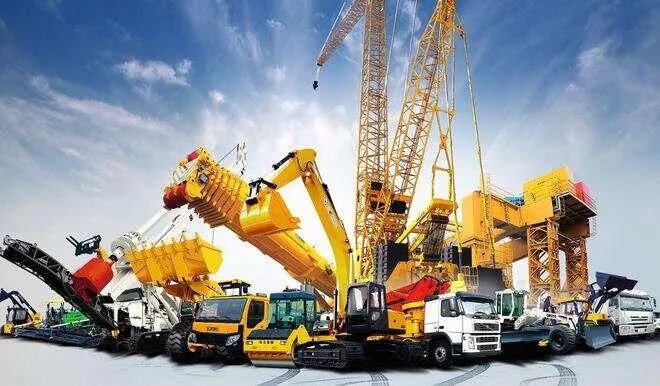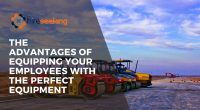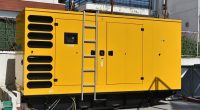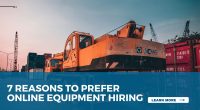Equipment Renting VS Owning
Equipment Renting VS Owning
If you are reading this article carefully, there is every likelihood that you have already decided to purchase or rent heavy equipment. It could be for the expansion of your workforce, an upcoming large project, or just replacing your old heavy equipment. Considering certain important factors will make it much easier for you to figure out when you should buy or rent your heavy equipment.

When it comes to heavy equipment, both renting and buying have their own pros and cons. Deciding between these two options becomes much easier when you thoroughly evaluate the current capabilities and future plans of your business. The initial cost of the heavy equipment is certainly a major deciding factor. However, it is also important to consider factors such as availability, usage, and many others.
Current Financial Condition:
Often times, this is the most important point to consider for many businesses. There is no doubt that purchasing heavy equipment is a large financial outlay. However, it is also important to look beyond the present and think about your probable requirements and costs over a period of time. The cost of renting over a long period can hurt you badly, particularly if you are not going to use it for the entire rental period. Not to forget, when you own equipment, you also have the option to earn a return on your investment by selling it. The initial financial impact of purchasing heavy equipment can be reduced by financing the purchase or opting for well-maintained used equipment.
Cost of Renting V/S Cost of Ownership:
Before taking a decision, you should also compare the cost of renting equipment to the cost of equipment ownership. Along with ownership, you will also have a bear with several other costs such as insurance, government licensing, and maintenance and operating costs. In general, the rental cost is inclusive. However, be prepared to pay the equipment transportation cost over and over again. The cost of fuel covers one-third of the total cost and is the same for renting and purchasing. The Australian-based business owners may not have to pay the capital gains tax while buying or selling equipment for their business.
Project Length and Job Frequency:
This is another major consideration while choosing between renting and purchasing heavy equipment. Renting will probably make more sense for a one-off job or a short-term project. However, there is a probability that you may end up losing money due to unforeseen hold-ups or sudden changes in the project schedule. On the other hand, buying is a better idea for a long project because rental costs can add up rapidly for jobs that go on for a long time.
Usage and Availability:
The biggest benefit of having your own equipment is round the clock availability. Therefore, it is easier for you to respond to unexpected changes in project schedules. Before taking a final call, you should also evaluate the potential risk of the rental company failing to provide the equipment when it is required. Owning heavy equipment will also create an impression that you are a trustworthy and stable business capable of handling the jobs on its own.
Buying versus Renting Equipment:
Renting:
- Lower initial investment
- No need to handle maintenance, insurance, etc.
- Access to a wide range of equipment
- Latest equipment available
Buying:
- More economical over a period of time.
- Guaranteed return on investment.
- 24/7 availability of the equipment.
- Minimizes downtime.
- Possible tax advantages.
As mentioned briefly, a number of financing options are available while purchasing heavy equipment. Popular equipment financing companies such as Equify can help you find the best deals for your purpose.


